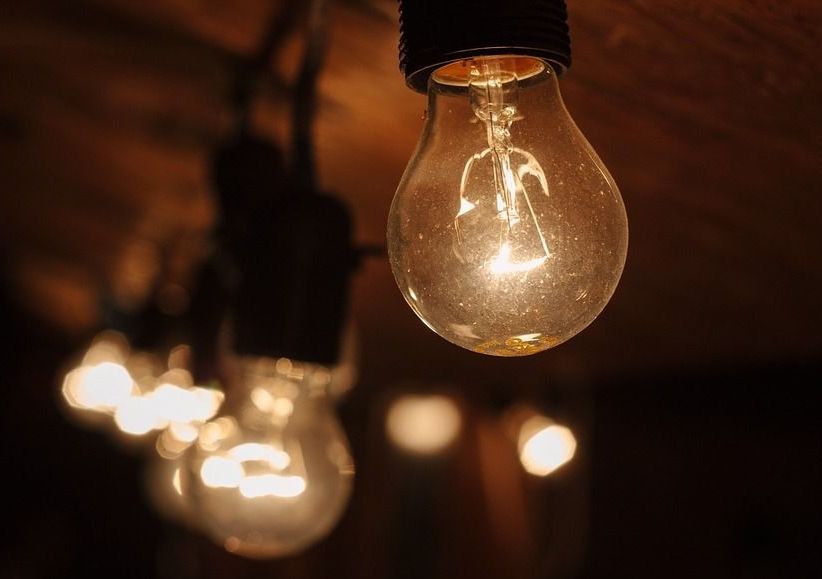Geospatial analysis shows that ‘mini-grids’ would be the cheapest technology to provide universal electricity access by 2030.
Achieving universal access to electricity is essential for solving many global development challenges. Decentralized renewable energy technologies have emerged as a viable solution. Small, clean energy utilities called mini-grids are a key piece of the puzzle. They are community-based grids that generate and distribute power at the point of consumption. And they could be the most cost-effective way to deliver access to more than a third of the 1.1 billion people across the world who still lack any electricity supply, according to new analysis by the International Energy Agency (IEA).
Yet mini-grids are still largely an afterthought for many governments and their financial backers in Africa and Asia. Evidence strongly suggests that this mindset must change if the world is to achieve Sustainable Development Goal (SDG) 7 – access to modern, affordable, clean and reliable energy for all by 2030.










Comments are closed.